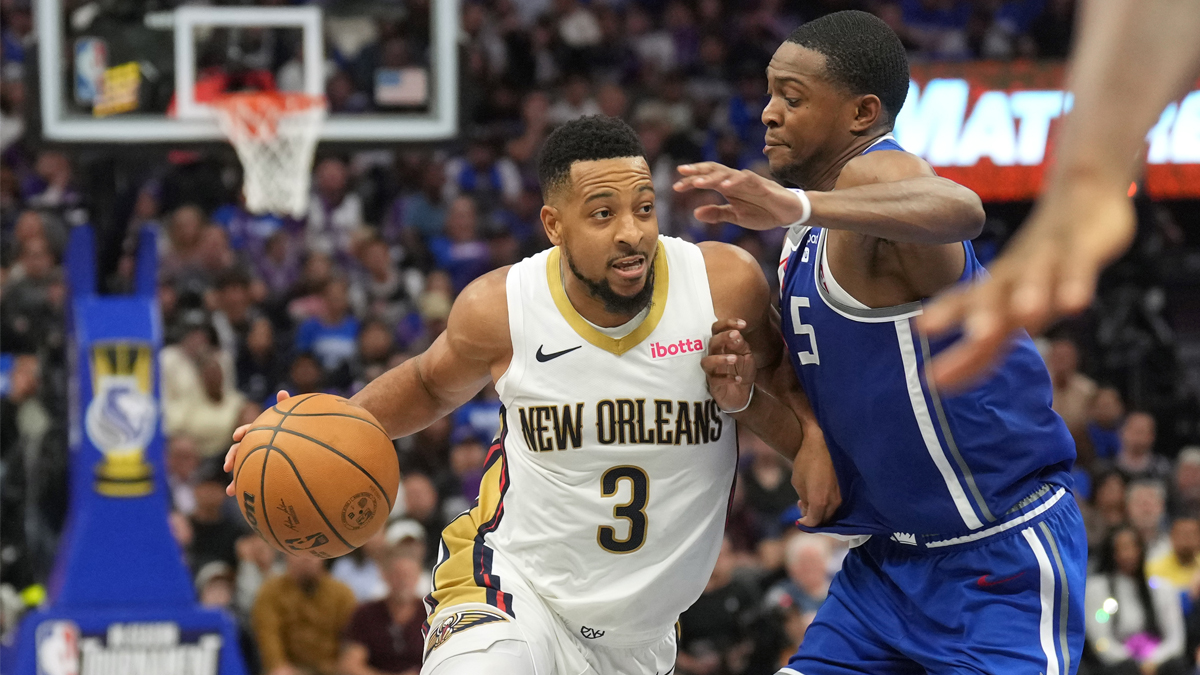Fans of the Chicago Blackhawks hold fond memories of the team’s Stanley Cup championship run in 2010, but a big part of the narrative of that club also had to do with the performances of several key players during that year’s Winter Olympics in Vancouver.
Captain Jonathan Toews ended up winning not only the gold medal with Team Canada (alongside Hawks teammates Duncan Keith and Brent Seabrook), but he also won the Best Forward award and was named an All-Star during that Olympiad. He also scored a goal in the gold medal clinching game against the United States, who had great performances by several players, including Patrick Kane and former Hawk Dustin Byfuglien.
Another player who represented his country during those Olympics was forward Marian Hossa. It was his third Olympics playing for his homeland of Slovakia, and he did very well, scoring three times and adding six assists in seven games.
Now, as the 2014 Games in Sochi draw closer, there are rumblings over which NHL players will take their skills over to Russia to represent their country. Surely Kane and Toews will be back for their respective nations, but at 34 years of age, will Hossa choose to go and represent Slovakia? According to him, there isn’t any doubt over whether he would want to.
“Player’s enjoy once every four years to represent their country,” Hossa told the Chicago Tribune. “It’s always an honor when the best players are playing this top tournament in the world…If I’m healthy I’d definitely like to. It’s in a year, so it’s not like it’s four years from now.”
Hossa’s comments are to be expected from a veteran who still has a zeal for the game, but they raise an interesting question: should the Blackhawks step in and put the kibosh on their winger playing those extra games?
Yes, a player representing their country is truly an honor, but the Blackhawks have a lot of money invested in Hossa, and considering his checkered history with injury recently, the risk of sending him to an exhibition is one fraught with peril. Whether it’s a blatant check from behind or a puck that just so happens to hit him, if Hossa were to go down, the Hawks would have a bunch of dead money on the books, so there is an argument to be made that it would be better for him not to go.
Sports
On the other hand, if the Blackhawks were to say no to Hossa on health grounds, would they be compelled to do the same thing with Toews? After all, their captain has dealt with concussion issues of his own, and he is more valuable to the franchise than any other player on the roster. In the interest of fairness, they realistically should tell him to stay home as well, but the backlash against the team for doing so would be monstrous.
Finally, even if Hossa were to get injured in international play, the Hawks would be protected, at least in terms of the salary cap. They could do what the Philadelphia Flyers are doing with defenseman Chris Pronger, and place him on Long Term Injured Reserve. Hossa would get his money, and the Hawks wouldn’t have to apply it toward their cap number.
They could even use their amnesty buyout on Hossa after next season too, which would do the exact same thing, albeit with a small penalty of $1.86 million a season for seven years because of the convoluted “cap recapture” rule that came into effect under the new Collective Bargaining Agreement.
In either case, the Hawks would be well within their rights to ask Hossa to stay home, but if they wanted to avoid setting a precedent like that, they would be protected in a financial sense. Even still, the organization should try to impress upon Hossa the danger involved in playing extra games with his history of concussion issues, and then leave the decision up to him.



